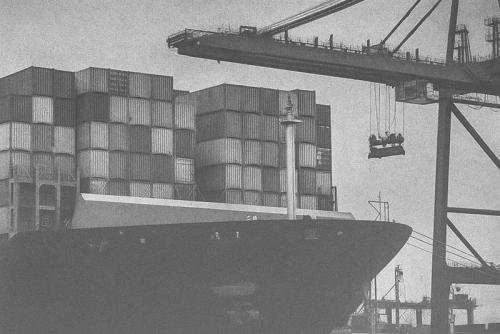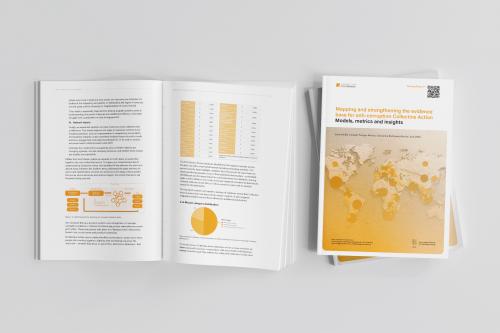How corruption threatens the forests of Ukraine: launch of Environmental Corruption Deep Dive report
The Basel Institute has published a comprehensive new analysis of corruption and illegal logging in Ukraine. Juhani Grossmann, who leads the Basel Institute’s Green Corruption programme, explains what it covers and why the report comes at a crucial time for Ukraine and its partners.
Ukrainian forests cover over 10 million hectares – about the size of Iceland, or 2.5 times the size of Switzerland – mainly in the western and northern parts of Ukraine. Their preservation is key for the rich ecosystems and climate benefits that Ukrainian forests represent and the communities that depend on them.
Economically, the full-scale Russian attack on Ukraine in 2022 has drastically heightened the relative value of the previously under-utilised role that forests play in the national economy.
This is because Ukraine’s main industrial areas are located in occupied and fought-over territories and a large share have thus become dysfunctional. Forests, thankfully, are largely located in the “safe” areas of Ukraine and thus remain a largely intact resource.
Corruption: an ever-present threat to Ukraine’s forests
Continued attacks on civilian infrastructure are creating high demand for forest products to generate heat and be used in reconstruction efforts. The Ukrainian Government has recognised the sector’s increased importance by creating a new state-owned enterprise, Forests of Ukraine.
However, corruption still fails to appear at the core of the discussions in the governance of the forestry sector.
In this regard, Ukraine is unfortunately no different from many of the other countries in which the Basel Institute’s Green Corruption programme operates: environmental corruption prevention efforts are a low priority everywhere.
For Ukraine’s forests to play their role in its reconstruction, significant reforms are needed: both its sustainability and governance are currently insufficient to meet this challenge.
- Without sustainability, any short-term benefits of exploiting forests will be outweighed by the long-term harm to Ukraine’s environment and economy.
- Without solid governance systems, corruption could undermine even short-term reconstruction benefits.
First Environmental Corruption Deep Dive
The report, in English and Ukrainian, is the first in a new Environmental Corruption Deep Dive series of research papers by the Basel Institute on Governance. The research series is funded by the Principality of Liechtenstein, which provides core funding to the Basel Institute's Green Corruption programme.
It seeks to take systematic stock of the pre-war governance and corruption issues in Ukraine’s forestry sector. It reveals significant challenges as governance reforms have not yet had a significant effect.
Considering that the EU is tightening its transparency and sustainability requirements for forestry products, and that the EU makes up the majority of Ukraine’s wood products exports, these reforms are increasingly urgent to ensure this vital market remains accessible.
This report identifies a typology of the main corruption patterns that enable illegal logging, involving both private actors and culprits within national authorities.
It illuminates, among other corruption patterns, the challenge of corruptly obtained permits allowing illegally sourced wood to be sold and exported “legally” and contributing to the governance issues. And it proposes targeted recommendations for European authorities, Ukraine's Verkhovna Rada and Cabinet of Ministers, and relevant Ukrainian government agencies.
Building back greener
We urge all actors to come to the table at this critical time and take stock of corruption challenges and anti-corruption efforts in Ukraine’s forestry sector so far. And, based on their knowledge, to play their parts to ensure that Ukraine’s forestry sector does not become the reconstruction effort’s Achilles’ heel.
It is our hope that this pre-war stock-taking will enable Ukraine to rebuild back better and greener.
Download and launch event
- Download the report in English and Ukrainian.
- View a summary of the launch event on Wednesday, 5 April 2023.




